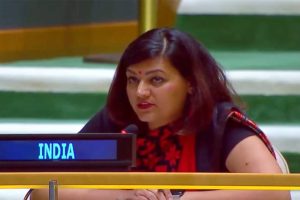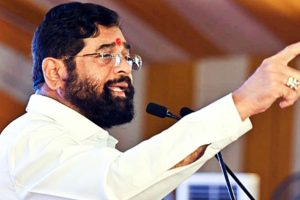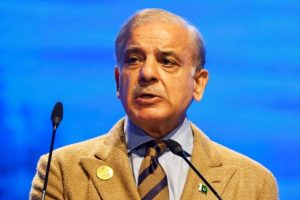In a diplomatic outreach aimed at diffusing escalating tensions in South Asia, US Secretary of State Marco Rubio spoke with Pakistani Army Chief General Asim Munir on Friday (local US time), offering Washington’s assistance in initiating dialogue between India and Pakistan.
According to a statement from the US Department of State, Secretary Rubio urged both sides to seek de-escalation and avoid further conflict. “He continued to urge both parties to find ways to deescalate and offered U.S. assistance in starting constructive talks in order to avoid future conflicts,” the statement read.
This follows comments from White House Press Secretary Karoline Leavitt, who emphasized that the US is committed to preventing further deterioration of the situation. “This is something that the Secretary of State and now our National Security Adviser as well, Marco Rubio, has been very much involved in. The President wants to see this de-escalate as quickly as possible,” Leavitt told reporters, acknowledging the long-standing nature of the conflict between India and Pakistan.
The diplomatic effort comes amid intense military activity along the India-Pakistan border. Pakistan launched cross-border shelling on Saturday, causing significant damage in civilian areas of Jammu’s Rajouri district. A series of explosions damaged several homes, creating widespread panic.
India responded with retaliatory strikes, hitting at least four airbases in Pakistan in the early hours of Saturday, according to top Indian government sources. Intermittent firing is still being reported at several points along the Line of Control (LoC).
The Indian Ministry of Defence also confirmed the presence of drones—some suspected to be armed—at 26 locations along the International Border and the LoC. These include Baramulla, Srinagar, Jammu, Ferozpur, Pathankot, Jaisalmer, and others. In one incident, a civilian area in Ferozpur was struck, injuring members of a local family. Security forces have since sanitized the area and continue to maintain a high state of alert.
As tensions continue to mount, the US has stepped up efforts to act as a stabilizing force, offering to mediate talks in hopes of preventing a broader regional conflict.





